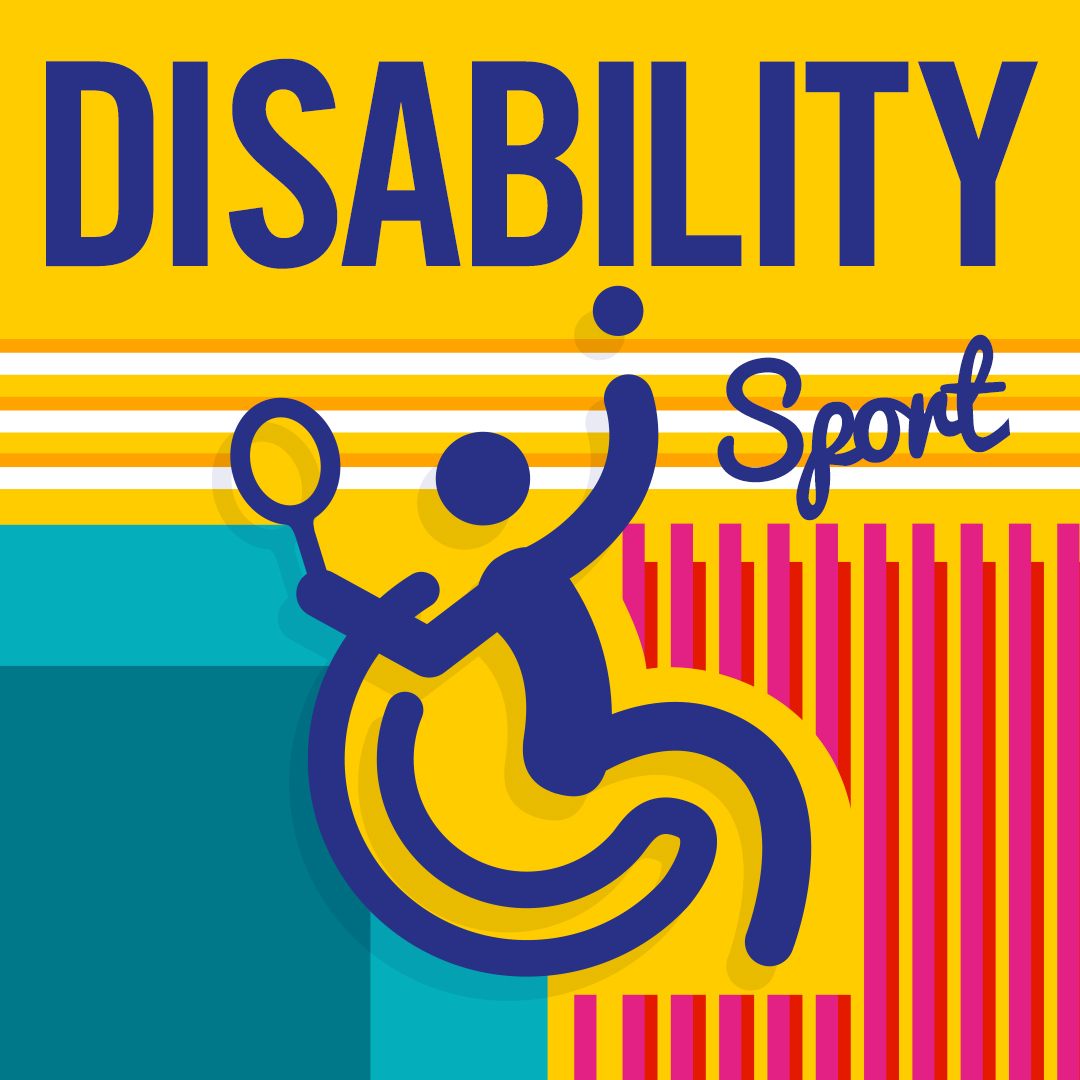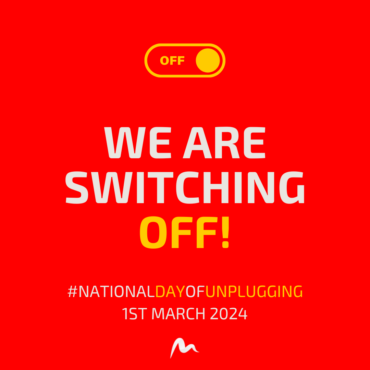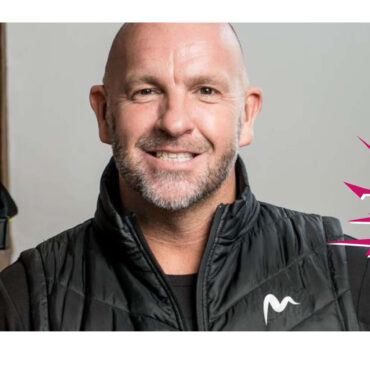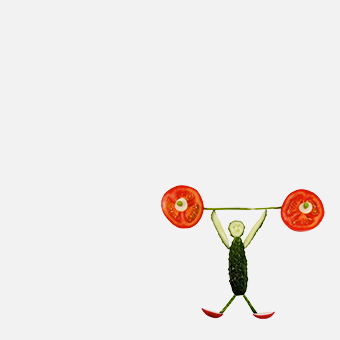Disability sport is extraordinary: tearing up clichés and breaking down barriers for people with intellectual disabilities.
The Benefits are Countless
The health and wellbeing benefits of exercise are every bit as vital for disabled people – maybe more so. It can boost mood, enhance motor skills, help tackle isolation and drive confidence as barriers melt away and boundaries are pushed. But even in the UK it can be tough for people with disabilities to get active. Tragically, people with disabilities are twice as likely to be inactive.
Disability is about much more than physical and mental difference. It’s about the limits everyday life imposes. It’s about what people think disabled people can do. And these can change. Nor is it a minority issue, look at the stats: in the UK, 9.4 million people have a long-standing limiting disability: that’s nearly one in five of us. The older we get, the more likely we are to be disabled: a staggering 40 per cent of disabled people are over 65.
Disability is also a broad church
Two disabled people seldom have the same needs. Four and a half million of us live with long-term health conditions; three and a half million have difficulties getting around. Over five million of us live with the debilitating effects of long-term pain. Mental illness, visual and auditory impairments, along with learning difficulties and respiratory problems – it’s a huge spread.
Serious barriers to disabled participation in UK sport remain.
Poor facilities, limited transportation, lack of awareness of how to include disabled people in sport: they can all hold disabled people back from full participation.
The good news though is that things are changing.
Impossible to exaggerate the importance of the Paralympics. Hard to believe it started out at Stoke Mandeville Hospital with a group of WWII vets in wheelchairs holding an archery competition the day the 1948 Olympics opened. It’s now the second biggest sporting event in the world. It simply destroys stereotypes about disability.
Things are changing in the UK too. Funding is growing. Disability sports clubs are proliferating, and the number of disability sports is growing all the time. The British Paralympic Association lists 27. Many of them are familiar – shooting, swimming, judo, table tennis, wheelchair fencing. But then there’s Boccia – a cross between bowls and French pétanque, it was specially developed for athletes with high levels of impairment. It made its Paralympic debut in 1984 and is now at elite level in 50 countries.
Active Communities
Here at Active Nation, our dedicated Active Communities team have been working with disabled people in Hampshire since 2014. Our Special Olympics Solent and ActiveAbility Solent movement provides something special for adults and young people with learning disabilities. Our local participants attend and train at various locations around Southampton, Eastleigh, Winchester and the New Forest, some choosing to head off to events in the Special Olympics Solent network.
Grass Roots
Our grass route programmes are ‘non-elite’ – open to all abilities thanks to our inclusive workforce. Our programmes offer participants and athletes the opportunity to compete among those with similar abilities from across the country.
If you’d like more info about our ActiveAbility or Special Olympics Solent programmes, get in touch with our Active Communities team.
Although participation for disabled people in sport is harder than it should be, if you’ve got a disability, there is something out there for you. And it might just change your life.


















